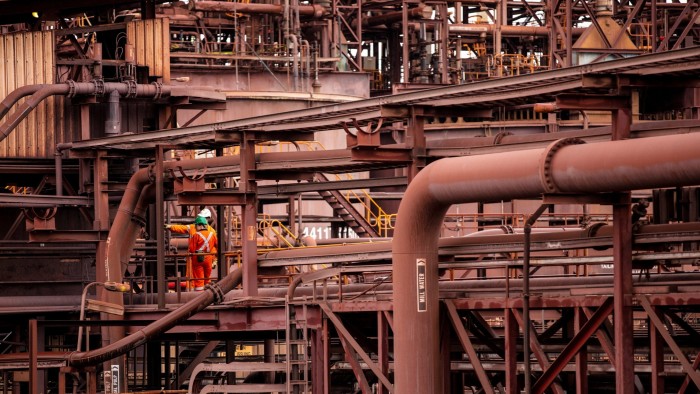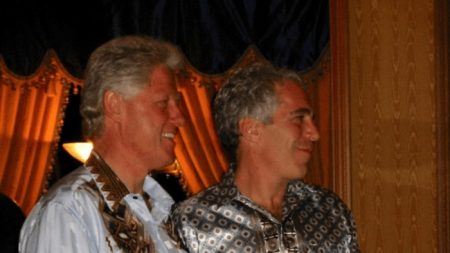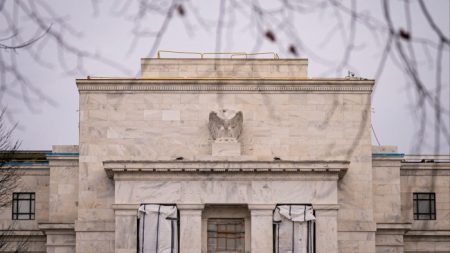Unlock the Editor’s Digest for free
Roula Khalaf, Editor of the FT, selects her favourite stories in this weekly newsletter.
BHP’s strategy chief has warned that the “politicisation” of critical minerals is making mining deals more “complicated”, at a time when consolidation in the resources sector is on the upswing.
Catherine Raw, chief development officer at the world’s largest mining company, said increased government involvement as countries try to exert more control over their domestic resources was adding friction to talks and could increase costs for companies.
“The voice of the stakeholder, specifically the government and the regulator, is becoming louder and therefore the nature of any deal is going to become more complicated,” Raw told the Financial Times in an interview.
“Some of the very nationalistic tendencies can create friction, in terms of lowering overall costs,” she said, adding that polarisation and competition between counties could lead to “non-optimal economic outcomes”.
The comments by Raw come as the mining sector has been gripped by dealmaking fervour this year, while governments are becoming more focused on securing minerals supply chains and controlling domestic mining and processing facilities — often making deals harder to get across the line.
Anglo American, subject of a failed takeover attempt by BHP last year, agreed a friendly $53bn merger with Teck Resources last month, attracting scrutiny from investors, analysts and political commentators in Canada. Rio Tinto and Glencore abandoned merger talks earlier this year.
Raw was involved in BHP’s £39bn bid for Anglo American that was rejected by the company last year, and sparked opposition from South African politicians.
Other big deals that have been derailed by government interference include Glencore’s hostile bid to acquire Canada’s Teck Resources in 2023, which was vociferously opposed by Ottawa.
Panama in 2023 forced the closure of its largest copper mine, owned by Canada-listed First Quantum, partly over concerns about foreign ownership and widespread public protest.
The US — which has recently taken direct stakes in domestic mining companies such as MP Materials and Lithium Americas — last year intervened to prevent the sale of Chemaf, which owns a copper-cobalt mine in the Democratic Republic of Congo, to Chinese weapons manufacturer Norinco.
Raw, 44, joined BHP in April 2024 in the middle of its bid for Anglo, and was previously chief financial officer at Barrick Mining. She runs the strategy division, which includes M&A, business development and long-term planning.
The $140bn company is shifting its focus from iron ore — a key steelmaking ingredient that is its biggest source of earnings — to copper, which is used in electrical grids and wiring.

“The mining sector is moving into the investment phase, it is entering a period of reinvestment, and there may be consolidation to address that,” said Raw, adding that BHP was always on the lookout for new opportunities.
She declined to comment when asked if BHP might launch a bid for Anglo American.
The world’s largest miner has been outspoken about its opposition to recent tariffs and trade barriers, after the US imposed steep levies on steel and aluminium.
“The politicisation of control over these commodity flows becomes more challenging for us as a global organisation,” said Raw.
Read the full article here













